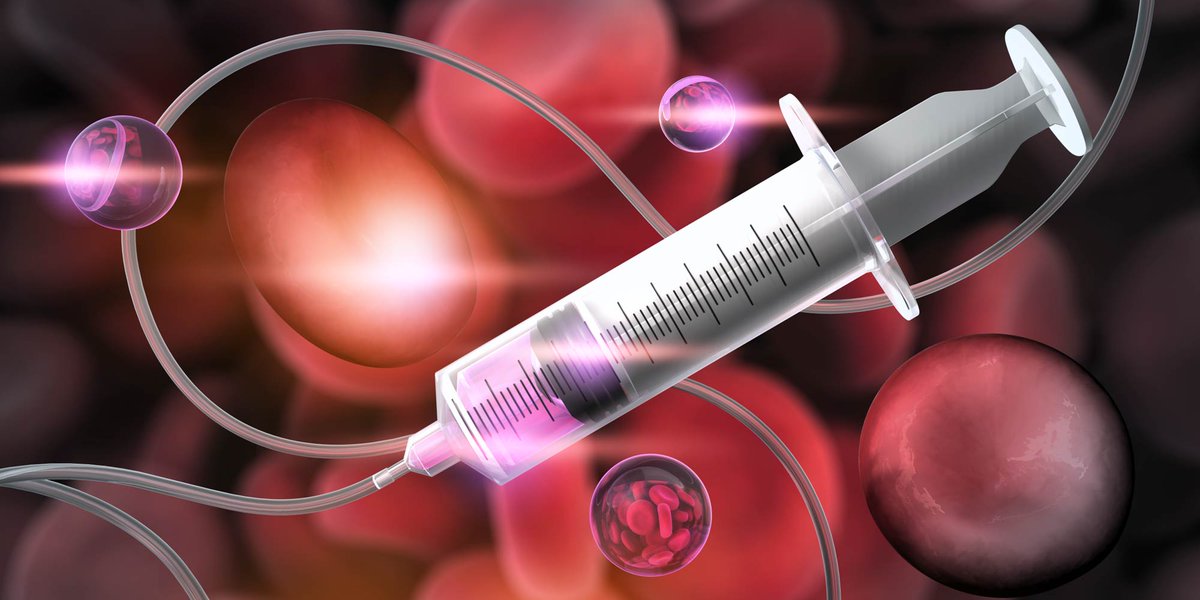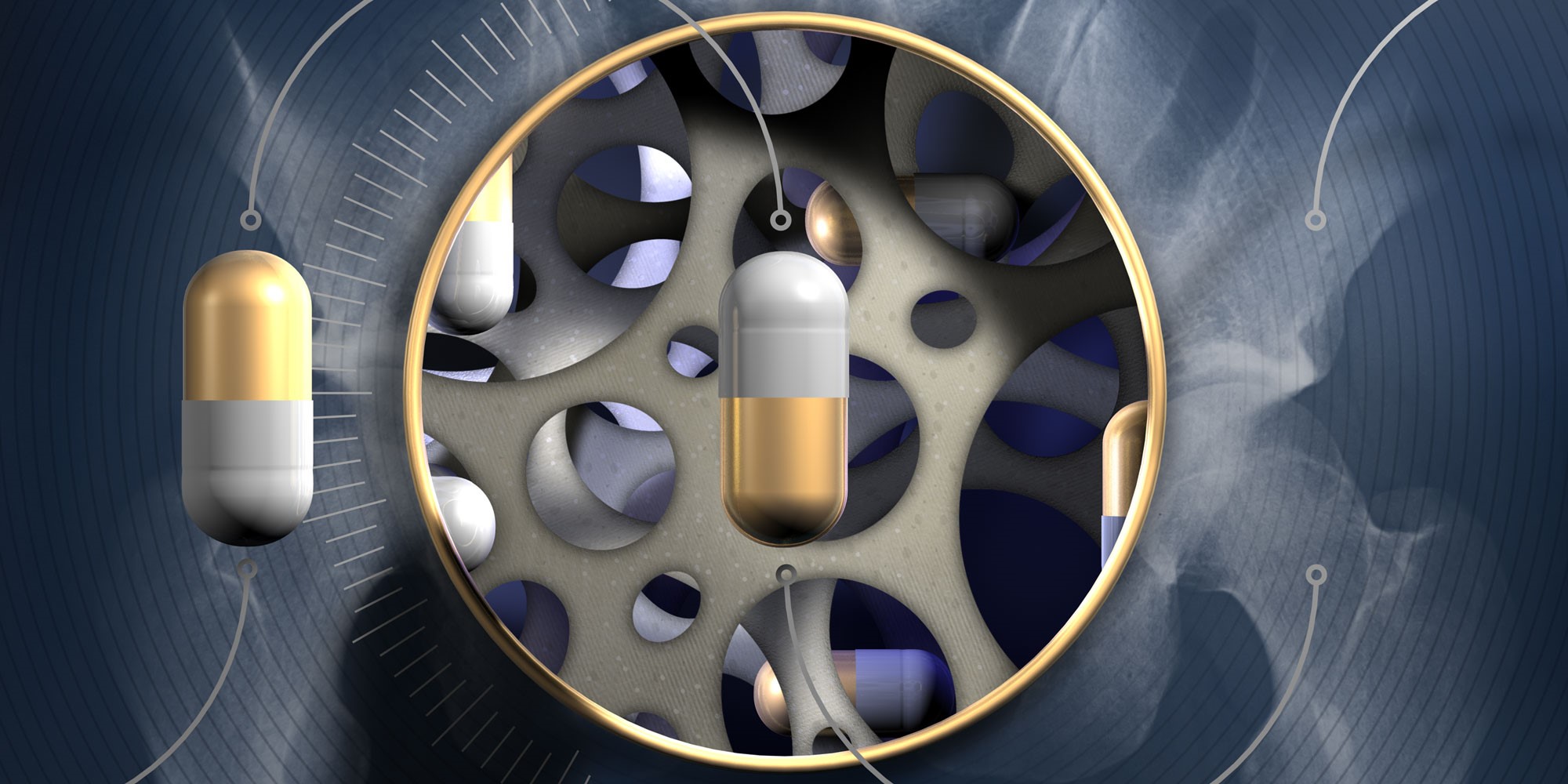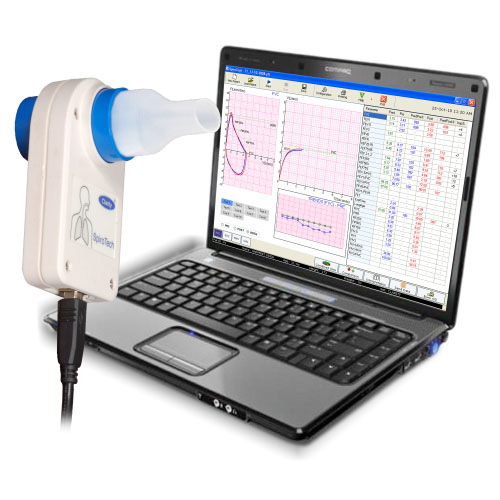Ambulatory Blood Pressure Unit (24 Hour ABP)
High blood pressure or hypertension usually has no symptoms, so accurate diagnosis by screening is very important.
Hypertension puts an increased load on the heart, brain, kidneys and other organs. If untreated, it can lead to organs failing, possibly causing heart attack, heart failure, kidney failure and stroke.
Blood pressure monitoring by using the 24 hour ABP is helpful to determine if a person does genuinely have a high blood pressure, or to see how well the blood pressure can be controlled by a treatment.
The 24 hour ABP takes about 40 blood pressure readings over 24 hours, and will display the maximum, minimum and average blood pressure at different times of the day. This can be very helpful in tailoring the best type of treatment, as well as the timing of blood pressure treatment.
24 Hour ABP Procedure
Ambulatory blood pressure monitors are small, battery-powered units that take blood pressure and heart rate measurements for 24 hours. The unit sits in a pouch strapped around the waist, and attaches via rubber tubing to an inflatable cuff, which is wrapped around the upper arm. The recorder inflates the cuff to measure the blood pressure then deflates the cuff again. The cuff can feel quite tight around the arm when inflated, but is not painful.
Our Nurse Specialist Simone will explain the details of this procedure and fit the monitor, which takes approximately 20 minutes. No special preparations are necessary for the test, but it is sensible to wear a loose fitting top or jacket if possible. You will be asked to fill in a diary, so that the blood pressure changes can be correlated with your activities during the 24 hour period. The next day the monitor is removed. This takes only a few minutes. It is not possible to shower or bathe while wearing the unit.
The Specialist Doctor will prepare a report analysing your range of blood pressures throughout this period. A letter summarising the findings and a recommendation about follow-up treatment is included.







